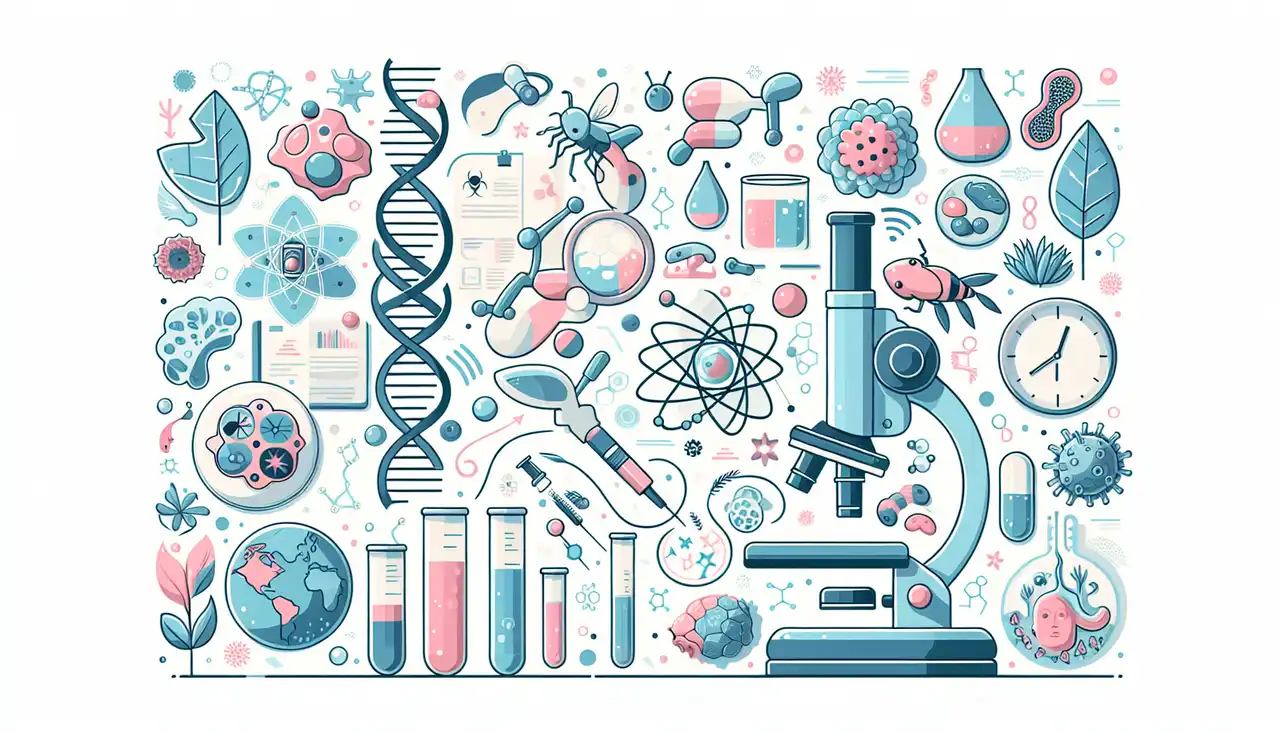

John Z. Kiss
Blending theory and practice to improve our understanding of plant biology, John Z. Kiss, Ph.D., serves as the Dean of the College of Arts & Sciences and Professor of Biology at the University of North Carolina at Greensboro. With a distinguished career in plant physiology, Dr. Kiss's research primarily focuses on the intriguing fields of phototropism, gravitropism, and space biology. His work aims to unravel the complex mechanisms by which plants perceive and respond to environmental stimuli such as gravity and light. Dr. Kiss's pioneering research has taken him beyond the confines of Earth, as he has conducted significant experiments aboard the International Space Station. His contributions to spaceflight research have been recognized by NASA, which awarded him the prestigious Outstanding Public Leadership Medal. This accolade highlights his leadership and innovative contributions to understanding how plants adapt to the unique conditions of space. Throughout his career, Dr. Kiss has been a prolific author, contributing numerous publications to esteemed scientific journals. His work is widely cited and respected in the scientific community, and he actively participates in shaping the future of plant biology through his role on editorial boards, including the American Journal of Botany. His expertise and insights have made him a sought-after voice in the field of plant space biology. Dr. Kiss's contributions have not only been recognized nationally but also on an international scale. He was honored with the COSPAR International Cooperation Medal, underscoring his commitment to fostering global scientific collaboration. In a unique tribute to his impact on science, an asteroid has been named in his honor—Kiss 8267—symbolizing his lasting influence on the field. Beyond his research, Dr. Kiss is dedicated to mentoring the next generation of scientists, fostering an environment of curiosity and innovation at UNCG. His leadership in the College of Arts & Sciences is marked by a commitment to interdisciplinary collaboration, ensuring that students and faculty alike are equipped to tackle the complex challenges of modern science.